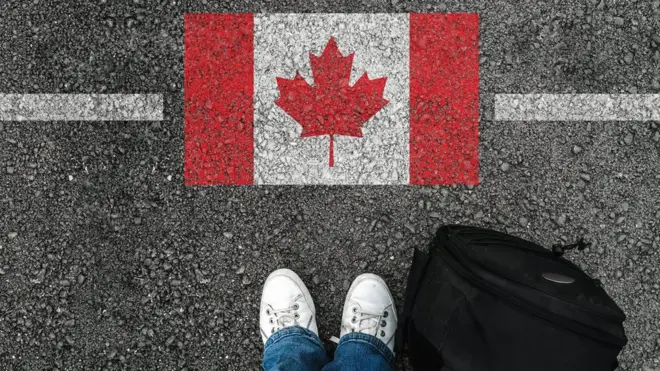In a significant policy shift, Canada has unveiled plans to reduce its targets for permanent resident admissions over the next three years, marking a move to cut immigration levels.
The decision was jointly announced by Prime Minister Justin Trudeau and Marc Miller, Minister of Immigration, Refugees, and Citizenship, on Thursday, October 24.
The newly revealed 2025-2027 immigration levels plan aims to bring down the number of permanent residents from the previous target of 500,000 to 395,000 in 2025. The trend continues with further reductions in 2026, lowering the target to 380,000, and to 365,000 in 2027.
Prime Minister Trudeau emphasized that the move is part of the government’s efforts to prioritize economic opportunities for Canadian citizens. In line with this, Marc Miller acknowledged that while Canada’s economy benefits from newcomers, the country must balance these needs with internal pressures.
“Today’s announcement is the next step in our plan to address the evolving immigration needs of our country,” said Miller. “While it’s clear our economy needs newcomers, we see the pressures facing our country, and we must adapt our policies accordingly.”
The reductions follow other recent changes in Canada’s immigration policies, including a cap on international students and stricter eligibility requirements for temporary foreign workers. By the end of 2026, the government aims to reduce temporary resident volumes to five percent of Canada’s population.
These adjustments, the government says, are intended to ensure that Canadians have access to quality jobs, housing, and necessary resources to thrive, while still maintaining a responsible approach to immigration growth.


